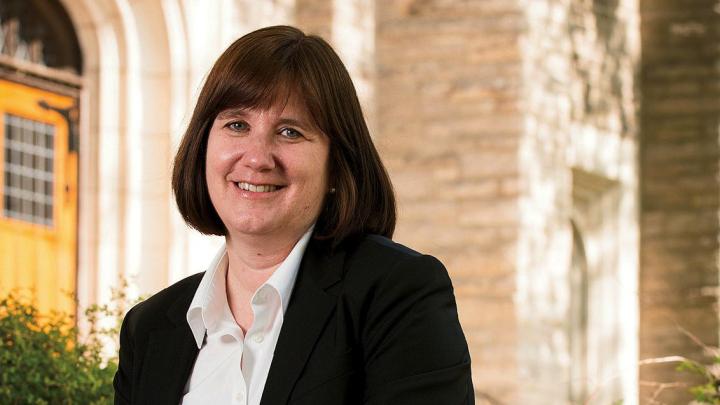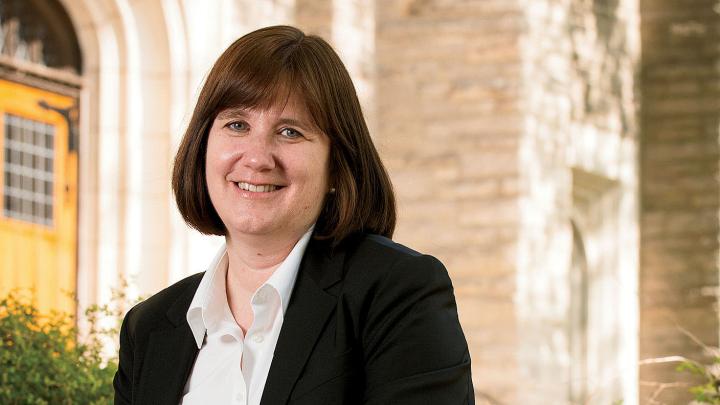“Let your women keep silence in the churches,” declares Paul in Corinthians 14:34. Catherine Brekus ’85 specializes in hearing the voices of America’s early female religious leaders, nearly lost to history—a casualty of neglect, or sometimes a more deliberate excision from the historical record. Her work has required some sleuthing—finding manuscripts scattered across libraries and antiquarian societies—and deep dives into material history, learning about everything from eighteenth-century medicine to laundry. Always striving for “empathetic engagement with the past,” Brekus easily gets swept up in describing past events. Her voice drops as she describes the revival leader at the center of her most recent book, Sarah Osborn’s World, noting the irony that a “free will person” should be the historian to delve into these fiercely Calvinist writings. In an interview upon winning the 2013 Aldersgate Prize (which annually recognizes works of Christian scholarship), Brekus said that in imagined debates, Osborn has “tried very hard to convince me”—though without success. “I did not like studying history in high school,” the Warren professor of the history of religion at Harvard Divinity School confesses, smiling. “I was always good at it…but the idea is that you memorize a lot of facts, mostly about political history, and what happened when.” When she taught the subject to high-school students for two years, Brekus noticed that textbooks “have this narrative of political events…and then you have this little human-interest thing in a box. That was where the women would appear. My goal as a historian,” she adds, “is to get women out of those boxes and into the main texts.”
Harvard Portrait: Catherine Brekus

Catherine BrekusPhotograph by Stu Rosner

You might also like
Harvard Students form Pro-Palestine Encampment
Protesters set up camp in Harvard Yard.
Artificial Intelligence in the Academy
Harvard symposium assesses the new technology.
How Does Hate Spread?
Harvard symposium probes antisemitic, Islamophobic sentiments
Most popular
More to explore
How is Artificial Intelligence Being Taught at Harvard?
A new Harvard course on artificial intelligence teaches students how to use the tool responsibly.
Civil War American Writer and Abolitionist John Greenleaf Whittier
Homes of the poet and abolitionist, whose verses were said to have inspired Abraham Lincoln.








